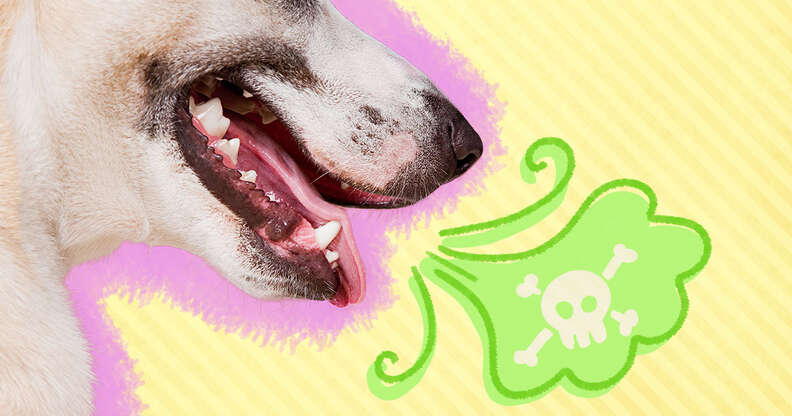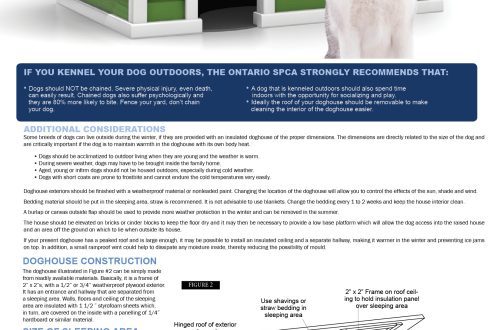
Bad breath in dogs
Bad breath from a pet is not a harmless little thing, but a signal to the owner. He says that your four-legged friend needs help.
What is halitosis and what causes it
Halitosis is the term adopted for bad breath odor, regardless of its nature. That is, we are not talking about a specific disease, but about a symptom that may accompany certain pathological conditions.
Most often, halitosis indicates problems with oral hygiene. Unpleasant odor is produced by the metabolic products of anaerobic microorganisms, which form colonies on food fragments stuck between the teeth, which also lead to the formation of plaque and tartar. To effectively prevent such complications, your pet should regularly brush their teeth with a special brush and paste that your veterinarian will help you choose. Dietary food also helps to slow down the formation of plaque and tartar – just remember to consult with your veterinarian if it is suitable for your pet.
However, bad breath from a pet can be a symptom of stomatitis – inflammation of the mucous membrane. In dogs, primary stomatitis is very sometimes after microtraumas obtained by gnawing bones. Find out more about dog oral care as well.
Among other things, halitosis is also known as a sign of “malfunctions” in other body systems:
- A putrid smell may indicate the presence of some digestive problems. Among them are gastritis, intestinal obstruction, infection with helminths.
- Halitosis may be accompanied by some pathological processes in the kidneys.
- The smell of acetone from the mouth can appear in pets with diabetes.
Additional symptoms
Since halitosis can be triggered by many diverse pathologies, it is difficult to list and even more so remember all the accompanying symptoms. Start from the fact that you should be alerted by any changes in the behavior of the pet, and especially:
constant salivation;
loud champing while eating;
lethargy and apathy;
bouts of aggression;
deterioration in the appearance of the skin and coat;
poor appetite;
Diarrhea or constipation, etc.
If you experience these or other symptoms, be sure to contact your veterinarian.
How to deal with bad breath?
Get rid of the smell from the mouth will work only after eliminating its cause. Contact your veterinarian immediately for an accurate diagnosis and treatment. Most often, the removal of tartar helps to remove bad breath: this procedure is performed using ultrasound in a veterinary clinic. In other cases, a veterinarian may recommend: a change in diet, medication, and even surgery.





